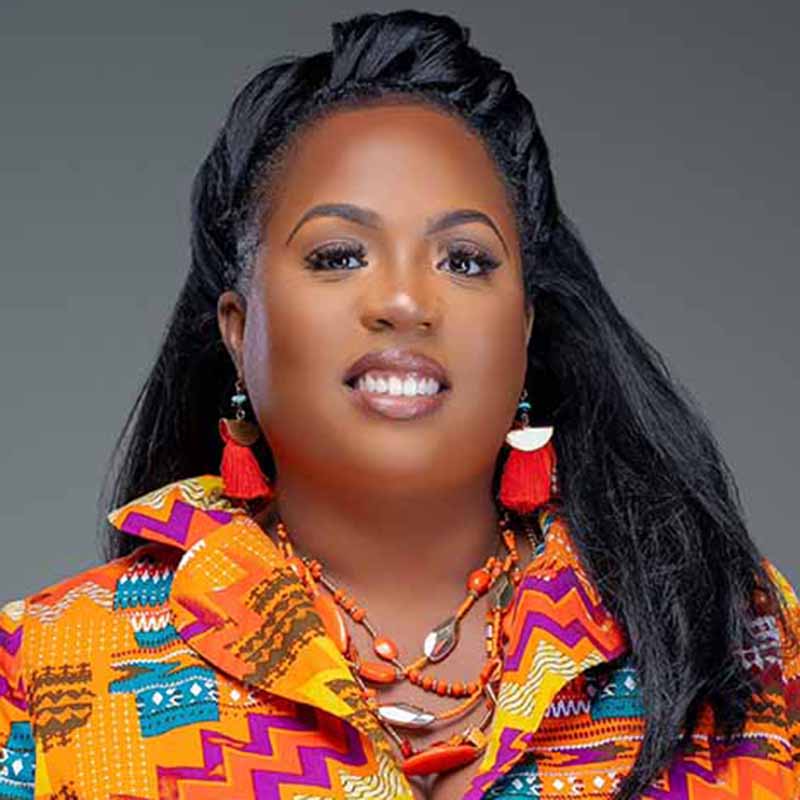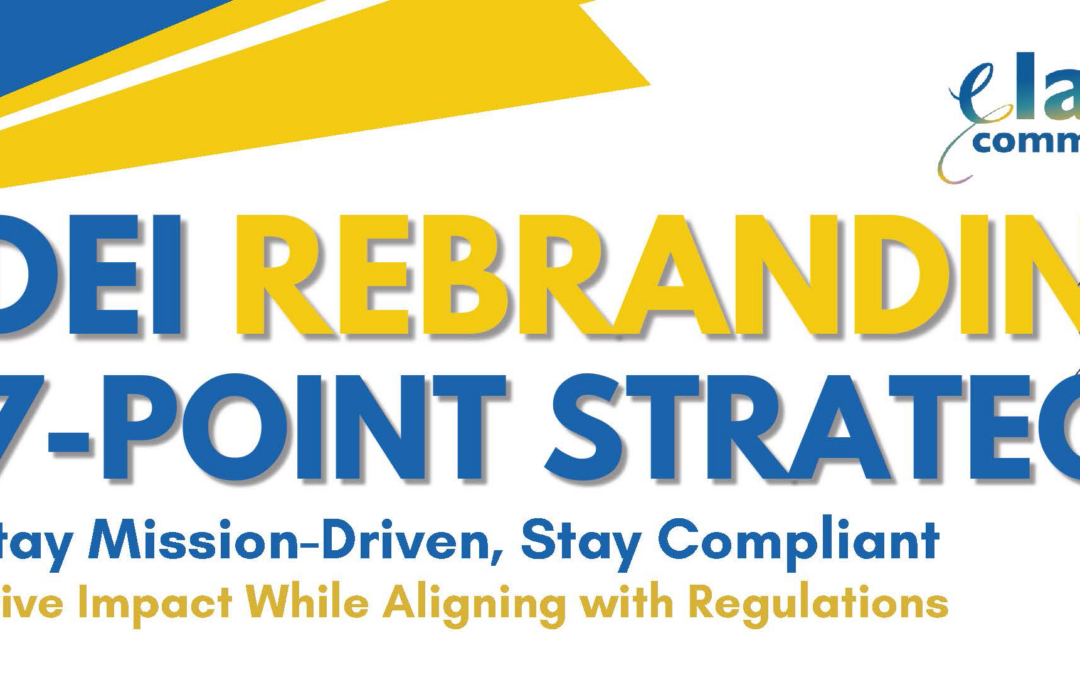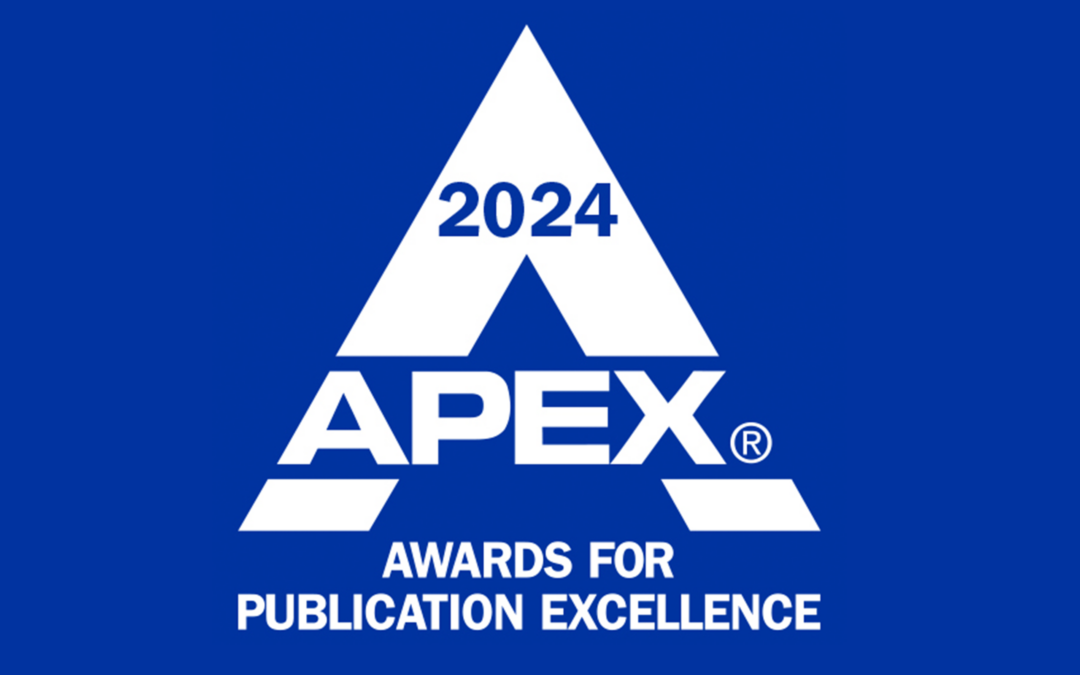Avoid Biased Statements in Business and Public Discourse
The importance of avoiding biased statements in business and public discourse cannot be overstated. By committing to using inclusive language, we promote equality, foster collaboration, and enhance our reputations as responsible and forward-thinking leaders. It’s not just about avoiding controversy; it’s about building a more inclusive, innovative, and successful environment for everyone. In a world where words hold power, let’s use them wisely and inclusively.
In today’s interconnected and diverse world, the words we use in business and public discourse carry significant weight. Statements that reflect bias can have far-reaching negative consequences. Avoiding biased statements is crucial not only to fostering an inclusive environment but also to maintaining credibility and trust. Here’s why it’s essential to steer clear of biased language and how to do it effectively.
Biased statements perpetuate stereotypes, alienate groups, and undermine trust. These statements can:
- Perpetuate stereotypes: Biased comments often reinforce harmful stereotypes, leading to misconceptions and prejudices that persist and affect how individuals and groups are perceived.
- Alienate and exclude: When people hear biased statements, they may feel marginalized or unwelcome. This can lead to decreased morale, disengagement, and a lack of participation from those who feel targeted.
- Undermine credibility: Public figures and business leaders who make biased statements risk losing credibility and respect. Their ability to lead effectively and build trust can be severely compromised.
- Hinder diversity and inclusion efforts: Organizations that tolerate biased language struggle to foster an inclusive culture. This impedes diversity initiatives and leads to a homogeneous workforce, stifling innovation and creativity.
Using inclusive language is essential to creating an environment where everyone feels valued and respected. Inclusive language promotes equality, fosters collaboration, enhances reputation, and encourages diverse perspectives. It ensures that everyone is treated with equal respect, regardless of their background, race, gender, or any other characteristic. This promotes a sense of fairness and equality. When people feel included, they are more likely to collaborate and contribute their ideas. This leads to better teamwork and more innovative solutions. Organizations and leaders who prioritize inclusive language are seen as progressive and socially responsible. This enhances their reputation and can attract top talent and loyal customers. Inclusive language also encourages people from diverse backgrounds to share their perspectives, leading to a richer, more diverse range of ideas and viewpoints.
Avoiding biased statements requires awareness and a commitment to using inclusive language. Here are practical steps to help you communicate more inclusively:
- Educate yourself: Learn about different cultures, experiences, and perspectives. This knowledge will help you avoid unintentional biases in your language.
- Use neutral language: Avoid making assumptions based on stereotypes. Use neutral terms that do not single out or marginalize any group.
- Be specific and accurate: When discussing issues related to specific groups, be precise and fact-based. Avoid generalizations that can lead to misconceptions.
- Seek feedback: Encourage others to provide feedback on your language, and be open to making changes. This creates a culture of continuous improvement and sensitivity.
- Promote inclusive language policies: Implement policies that promote the use of inclusive language within your organization. Provide training and resources to help employees understand and practice these principles.
- Lead by example: As a leader, model inclusive language in your communications. Your behavior sets the tone for the rest of the organization.
By implementing these strategies, we work toward creating more inclusive and equitable environments in both business and public discourse. Remember, avoiding biased statements is an ongoing process that requires constant vigilance and a willingness to learn and grow. As we become more aware of our biases and work to overcome them, we contribute to a more fair and respectful society for all. In this short video, I discuss the importance of avoiding biased statements in business and public discourse, so take a few seconds to check it out!









